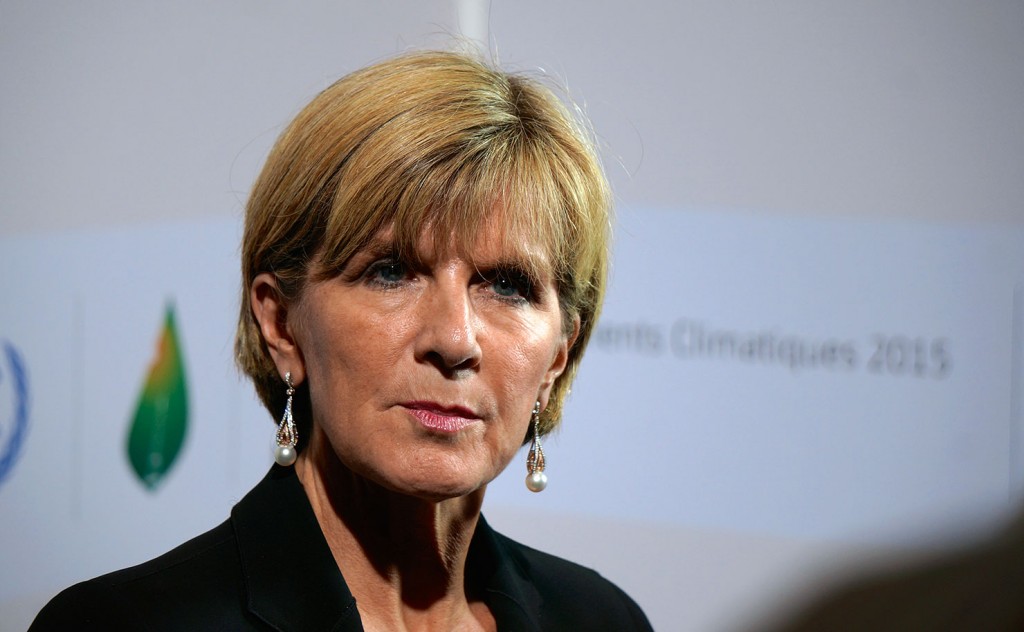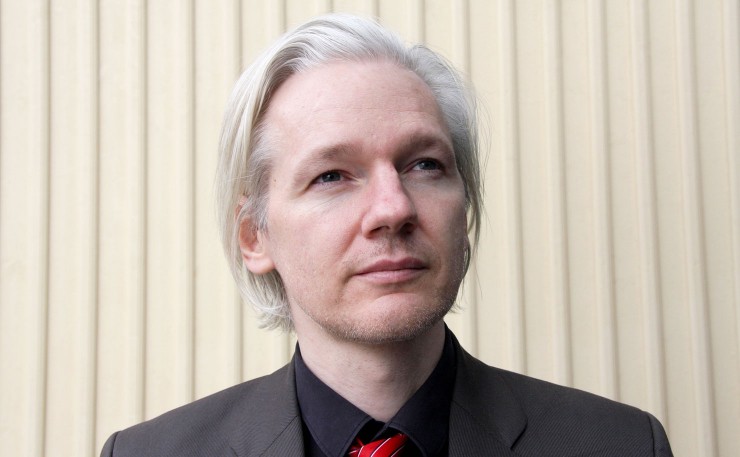June 19 marks six years since Julian Assange sought asylum in the Ecuadorian embassy in London. Kellie Tranter weighs back in.
Media reports that Australian government officials have visited Julian Assange in his Ecuadorian embassy refuge in London is welcome news. But the Turnbull Government still won’t say whether or not it agrees with the 2016 findings of the United Nations Working Group on Arbitrary Detention.
On 6 February 2016, referring to that report, Foreign Minister Julie Bishop said:
“I have now read the report and I am seeking legal advice on its implications for Mr Assange, as an Australian citizen.”
The Foreign Minister sought that legal advice from her own Department. FOI documents recently produced by the Attorney General’s Department suggest that the Department of Foreign Affairs & Trade (“DFAT”) emailed that advice to the Attorney General’s Office on 9 February 2016.
As I have previously reported, FOI documents revealed that on 12 February 2016 the Foreign Minister signed a Ministerial Submission from Jon Philp, former first assistant secretary Consular and Crisis Management Division and Anne Moores, acting executive director of the Australian Passports Office, which recommended that Julie Bishop:
‘… not seek to “resolve” Mr Assange’s case following the WGAD opinion, as we are unable to intervene in the due process of another country’s court proceedings or legal matters, and we have full confidence in the UK and Swedish judicial system.’
The findings of the WGAD seem to have been left in limbo by the Government, presumably in the hope that they would lose currency and be forgotten. However, Mr Assange’s position has changed – but not his detention, which still has the attributes that caused the WGAD to characterise it as unlawful – and is in a state of flux. One significant change is that Sweden has now dropped any legal proceedings against him.

On 4 June 2018, DFAT was asked whether the legal advice obtained by the Department in February 2016 agreed with or accepted on balance the findings of the WGAD. On 6 June 2018 DFAT responded, ‘The content of the legal advice is confidential.’
On 6 June 2018 DFAT was then asked, ‘Does the Government and/or DFAT agree with or accept on balance the February 2016 findings of the WGAD in relation to Mr Assange?’ Later that day DFAT responded, ‘The UN Working Group on Arbitrary Detention’s findings in relation to Mr Assange are directed at the United Kingdom and Sweden, not at Australia. It would not be appropriate for the Australian Government to comment on the legal system of either of those countries.’
On 7 June 2018 a final question was put to DFAT: ‘Does the Government and/or DFAT recognise the legitimacy and independence of the WGAD and accept its mandate and processes?
On 8 June 2018 a DFAT spokesperson confirmed that: “The Australian Government is committed to engaging in good faith with the United Nations Human Rights Council and its mechanisms, including the Working Group on Arbitrary Detention.”
The United Nations Working Group on Arbitrary Detention is described as ‘a body of independent human rights experts that investigate cases of arbitrary arrest and detention.’ It was established by resolution 1991/42 of the former Commission on Human Rights.
What does all this mean? Over two years have passed without any further comment about the WGAD’s findings by the Government. Now the Government is paying lip service to the existence and role of the WGAD, as it must as a conscientious member of the United Nations. But it is still refusing publicly to accept or even acknowledge its findings in relation to Mr Assange’s detention, let alone trying in any way to address them.
Given our Government’s demonstrated capacity, when it puts its mind to it, to effect the early release of Australian citizens from curial processes and prisons in other countries, and given that the foundational proceedings against Assange by Sweden have now evaporated, it surely has an obligation to act on the findings of the WGAD and negotiate the safe repatriation of Mr Assange from England back to Australia.
Donate To New Matilda
New Matilda is a small, independent media outlet. We survive through reader contributions, and never losing a lawsuit. If you got something from this article, giving something back helps us to continue speaking truth to power. Every little bit counts.




